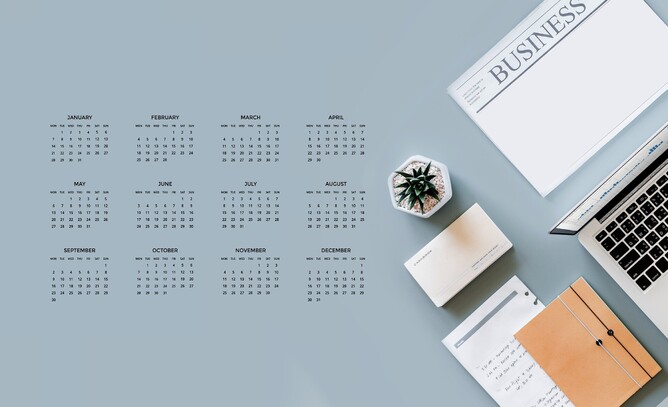As we covered in our blog, ‘Setting up your own business - self-employed or limited company?’, one of the options available to you when running your own business, is to set up a limited company.
Although services such as The Formations Company make the process extremely fast and efficient, including helping with the ongoing legal obligations, there are aspects of the accounting and taxation of limited companies and their directors that it’s worth knowing a bit more about.
The Formations Company recommends ATN Partnership for accounting, tax and business advice for owner managed businesses because, quite simply, it’s what we specialise in.
We enable you to get on with running your business and making it a success (something that we can help with - just ask about our Business Builder Initiative™) but it’s always good to have an understanding of what you need to do as a company director.
A Limited Company - think of it as a person
A limited company is its own legal entity. It is effectively the same as you (a ‘person’) in the eyes of the law.
It is owned by its shareholders and controlled by its directors.A shareholder and director can be (and often are) the same person, but they have very different roles and responsibilities. The company itself has obligations that it must fulfil - and the director(s) is/are charged with making sure it does so. In addition, the director has obligations personally in terms of dealing their own tax liabilities.
A company is required to prepare annual accounts and file these with Companies House. Known as Financial Statements, these must follow a prescribed format as set out in law and accepted accounting standards.
These financial statements provide a snapshot of the company’s finances at its year-end date, and they must be filed within 9 months of the year-end.
They are a matter of public record, and anyone can access them free of charge, via the Companies House website.
The company also has to pay its own tax, known as Corporation Tax.
This tax is charged on the profits that the company has made during its financial year. It must be reported to HMRC within 12 months of the year end but (unusually) must be paid within 9 months (so yes, the payment deadline is before the reporting deadline!).
The company does this by preparing a tax computation and then completing a corporation tax return, and sending it to HMRC.
So, in summary, a limited company must:
- Prepare and file its financial statements within 9 months of the end of its financial year
- Pay its corporation tax within 9 months of the end of its financial year
- Prepare a corporation tax computation and return, and file with HMRC within 12 months of the end of its financial year
[Please note - this will be slightly different in the company's first year]
Personal tax and running a limited company
Taking money out of your limited company will typically be done in two ways, salary and dividend.
Firstly, as a director (an employee of your limited company), you will be paid a salary up to the ‘Secondary Threshold’ for National Insurance Contributions (NICs). This salary usually requires the company to register for PAYE, and process a monthly payroll (and comply with Real Time Information reporting).
By paying a small salary we can ensure that neither you, nor the company pays any NICs, whilst ensuring you still accrue national insurance credits - so think of it as paying national insurance, but at 0.00%.
This salary payment is an expense that your limited company can deduct as a legitimate cost, which reduces the company tax bill.
The second way that you will be paid is by dividend.
This is a payment that the company makes to you as a shareholder. The company cannot expense this payment - so it does not reduce the tax bill that the company will receive.
When we calculate a company’s corporation tax we look at its net profit and ‘add back’ any dividends, increasing that profit for the calculation of tax.
Personal tax - the director/shareholder
This is where you again need to separate the limited company from you as a person.
Your limited company will file its financial statements, tax return and pay its tax. But that doesn’t cover you as an individual.
The company has to account for the money that it has paid you, and you have to account for that money as your income.
As an individual you have an annual income tax allowance, currently £12,570. So, the first £12,570 that you earn will not be taxed.
You also have a further allowance in respect of dividend income, (currently £2,000).
The small salary discussed above will be c.£9,100 for the 2022/23 tax year. Given that your personal allowance is £12,570, you will not pay any tax against this salary.
You will also have £3,470 of your personal allowance left over which, combined with the current dividend allowance of £2,000, means you can earn £5,470 in dividends and pay no tax.
Any additional dividends that your company pays you will be taxed and you will need to submit a Self Assessment Tax Return accordingly.
(Don’t forget - the company will pay tax against your dividends).
Talk to us
If you would like clear, concise, and easy to understand help and advice on any issues that you are concerned about, then you can contact us on 01474 326224. Alternatively, visit our website, tweet @atnpartnership, or email us info@atnpartnership.co.uk.





